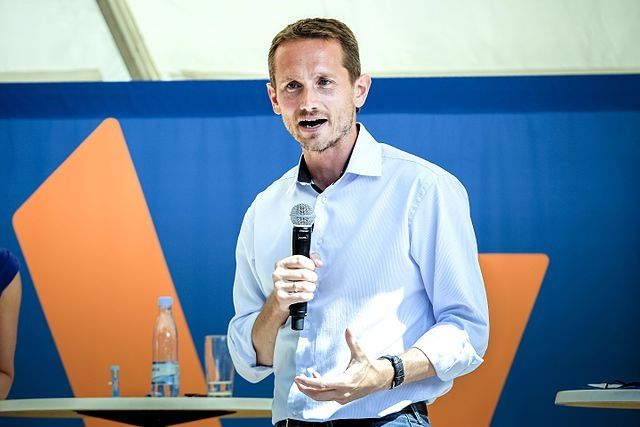Foreigners – or Danes returning to Denmark after working abroad – may find it harder to obtain a number of benefit payments in the future.
The government plans to restrict access to them, as well as introducing criteria that make payments dependent on how long a person has been actively employed in Denmark, DR Nyheder reports.
“I would like to see a situation in which you can’t just come to Denmark and receive social benefits before you’ve been active in the labour market,” said the finance minister, Kristian Jensen.
Sing for your supper
Jensen wouldn’t elaborate on the specifics, but pointed out that the previous VK government had established a working group to look at the rights of foreigners to receive Danish benefits.
According to the minister, the group’s work showed there was money to be saved in this area.
“I think it’s perfectly fair that if you want to obtain Danish benefits, you must first contribute something to society.”
SU a potentially rich seam to mine
Danske Folkeparti welcomes the discussion, and its finance spokesperson René Christensen pointed to state-financed student grants (SU) as an example of an area where this principle could be applied.
“When you come to Denmark as a student, you automatically have free access to student grants. We don’t think this is right,” said Christensen.
“We think you should be able to have access to education, but not to the grant payments.”
According to its own figures, the government needs to find 15 billion kroner to finance its proposed tax package.
















